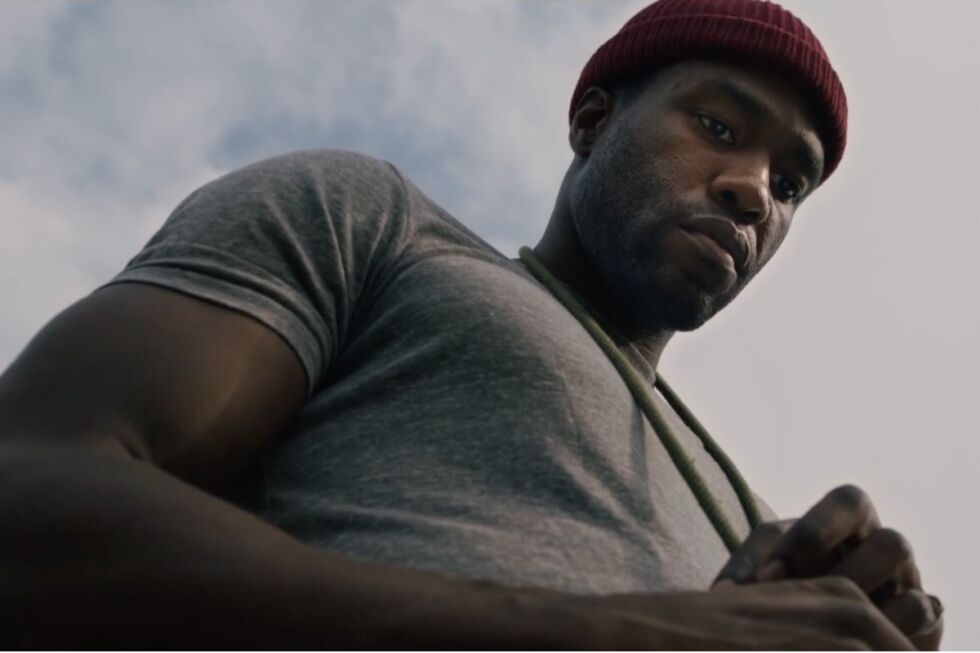-
chevron_right
Saint Maud review – desire, despair and ‘godgasms’ as Rose Glass’s shocker comes to life
news.movim.eu / TheGuardian · Friday, 18 October - 08:58 · 1 minute
Live theatre, Newcastle
Brogan Gilbert gives an extraordinary performance as the troubled nurse caring for a terminally ill dancer in a compelling adaptation of the 2019 horror film
With its extreme closeups and eerily distorted faces, Rose Glass’s 2019 horror film Saint Maud has no shortage of scenes to make you flinch. But in Glass’s screenplay, words also jab like the desperately devout nurse Maud’s injections, starting with the blunt expletive used to describe terminally ill Amanda by her departing employee. After Maud takes over, a series of caustic voiceovers reveal her own surprisingly sharp tongue.
This compelling adaptation by novelist Jessica Andrews (Saltwater) and Jack McNamara, who also directs, keeps the wounding exchanges between characters but adds a sensory warmth that deepens their relationships. Andrews and McNamara don’t just capitalise on what a tale of body horror can obviously gain in live performance – including the moments of religious ecstasy that Glass dubbed “ godgasms ”, here movement-directed by Roberta Jean. They also repeatedly linger on their characters’ descriptions of taste, touch and smell, all reinforcing the physicality. “You’ve got soft hands,” Amanda (Dani Arlington) tells Maud (Brogan Gilbert) in their first meeting. She later smells Maud’s scalp as if she is a newborn baby and even licks her hair.
Continue reading...
